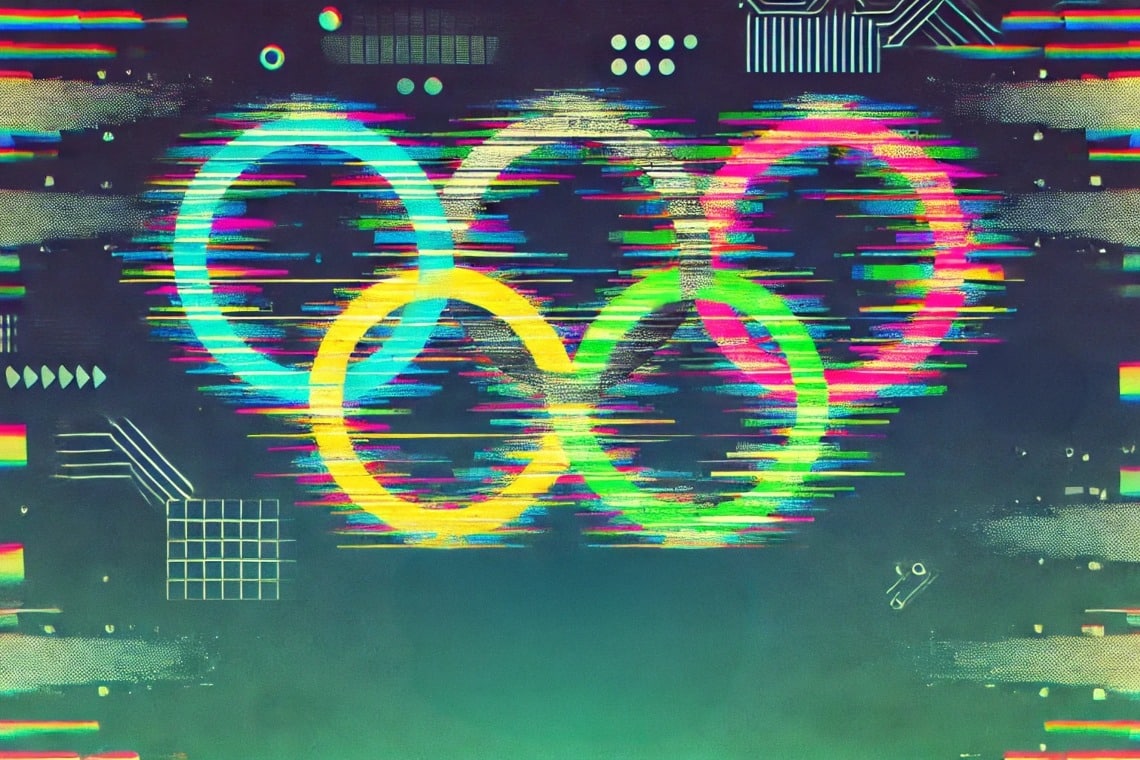In the rapidly evolving landscape of competitive sports, the intersection of technology and athletics is heralding a revolutionary shift, particularly within the realm of Esports. At the forefront of this change is the innovative concept of the Esports Olympics, a futuristic endeavor that incorporates virtual sports through the integration of Artificial Intelligence (AI) and Non-Fungible tokens (NFTs). This novel idea not only underscores the infinite possibilities of technology in expanding the horizons of athletic competition but also highlights the potential for fostering greater inclusivity across the globe.
Olympics of Esports: Eric Pulier’s vision on the future of “virtual sports” with AI and nft
The brainchild behind this pioneering initiative, Eric Pulier, CEO of Vatom, recently shared his insights at the UNESCO “Change the Game” sports conference in Paris. Pulier’s perspective on the Esports Olympics envisions a platform where virtual sports driven by AI, visual recognition technologies, and NFTs can thrive. This advanced form of competition is not just about providing a digital arena for athletes but also enhancing the traditional Olympic experience through real-time, remote participation. Unlike conventional sports, the digital nature of these games demands both physical and mental excellence, thereby maintaining the spirit of Olympism in the digital age.
Pulier further elaborated on the potential of these virtual Olympic games to bridge the gap between various geographical and economic divides, thus promoting inclusivity. Moreover, the rise of the Global Esports Federation (GEF) underlines the growing institutional support for Esports, with Pulier leading its Digital Transformation Commission. This collaboration aims to create synergy between gaming, sports, entertainment, and technology, fostering a holistic ecosystem for the digital future of athletics.
Esports Olympics: promoting inclusion thanks to AI and other technologies
The UNESCO conference, attended by over 600 leaders from Fortune 500 companies, government officials, and innovators, served as a melting pot for ideas on the future of Esports and virtual sports. Speakers like Paul J. Foster of the GEF and Nobel Laureate Muhammad Yunus shared their enthusiasm for integrating technology with sports to create a more inclusive and connected world. Vatom, under the guidance of Pulier, is expected to be at the forefront of this transformation, introducing a global token that leverages AI and advanced game designs to enrich fan engagement worldwide.
This collaboration, symbolized by the union of Vatom’s technological prowess and the GEF’s global outreach, signifies a paradigm shift towards a more inclusive, digital-first approach to Olympics, catering to a global audience of billions and driving positive social impact across communities.
The game based on Tezos Blockchain
The propulsion towards digital Olympics found an early manifestation in the launch of Athletics Rush by TapNation, a digital athletics game underpinned by the Tezos Blockchain. This game exemplifies the kind of engaging, immersive experience that the Esports Olympics aim to offer, complete with global competitions, myriad game modes, and blockchain-powered rewards. Set to integrate with the Tezos blockchain, Athletics Rush represents the tangible future of athletic competition, blending the physical prowess of traditional sports with the limitless possibilities of digital technology.
This encapsulates the vision of the Esports Olympics — not merely as a parallel digital event but as a groundbreaking platform that redefines athleticism, inclusivity, and global engagement through the lens of technology. As we look forward to the Paris 2024 and LA28 Olympic games, the integration of virtual sports, AI, and blockchain technologies hints at a future where the Olympic spirit can thrive beyond the constraints of the physical world, creating a truly global and inclusive sporting community.
In summary, the Esports Olympics concept, spearheaded by visionaries like Eric Pulier and supported by global organizations, heralds a future where technology elevates athletic endeavors to new heights, fostering inclusion and connectivity across the globe. This initiative not only reimagines Olympic competition but also reflects a broader movement towards integrating digital innovation with traditional values of excellence, friendship, and respect that define the Olympic movement.
